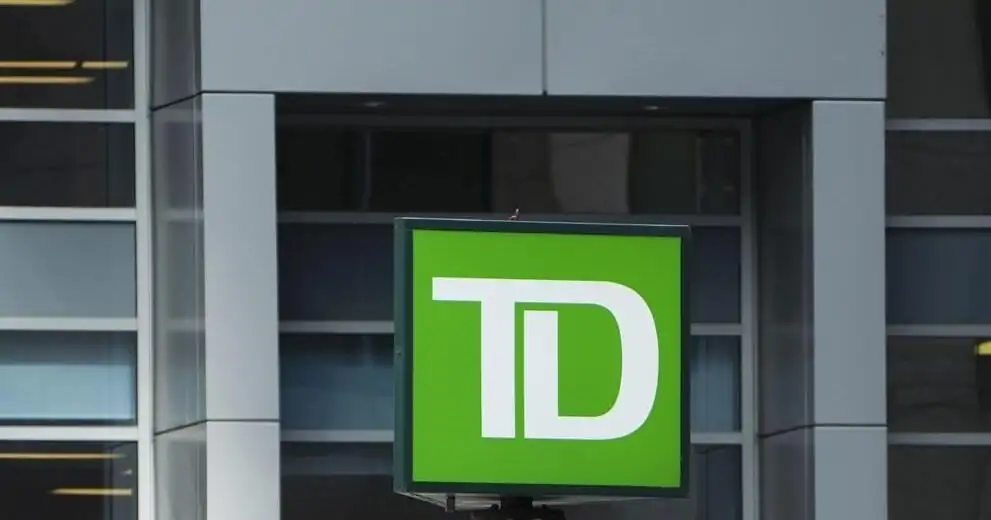Digital platforms like Uber, Airbnb and Etsy have made it easier than ever to make some extra cash on the side, but experts say you need to be diligent about tracking and reporting that additional income, or risk the consequences.
“Especially in the first year … make sure that if you’re not familiar with how to report self-employed income, seek assistance and get it right, rather than take the risk of getting it wrong. It’ll take a lot longer and cost a lot more to fix it,” said Bruce Goudy, director of BDO Canada’s indirect tax practice.
More and more Canadians are earning income from websites and apps, whether they’re renting out a property on Airbnb, delivering food through Uber Eats, or doing graphic design on Fiverr.
In December 2023, 927,000 people ages 15 to 69 years old said they had earned money from a digital platform in the preceding year, said Statistics Canada. This included platforms that pay workers directly and those that connect workers with clients.
If you earn money through a digital platform, you are considered self-employed, said Stefanie Ricchio, a chartered professional accountant and spokesperson for TurboTax Canada.
Instead of the standard T4 tax form you get from an employer, you’ll need to report your self-employment income on a T2125 form when you file your taxes.
As well as your income, you also need to report your expenses, said Ricchio. These expenses can include home office costs, car maintenance, and even the fees you pay to the digital platform — there are hundreds of deductions available, she said.
“The more eligible deductions that you apply to that income, the less that tax bill is going to be when you file.”
Because you’re generally not collecting taxes when you earn money on a digital platform, you need to be prepared to pay those taxes when you file, said Ricchio. She recommends setting aside about a quarter of your income for this purpose.
For those who are new to being self-employed, it can require a big mindset change, she said.
Once you’re earning $30,000 or more over four consecutive quarters, you have to register for a GST/HST account, said Ricchio, though you can voluntarily do it earlier.
But if you are providing rideshare services, you have to sign up right at the beginning, she said.
“It’s immediate because you start charging GST, HST immediately.”
This threshold might take some sellers by surprise, said Goudy, which is why it’s important to monitor your revenues closely so you’re not caught off guard.
Goudy noted that since Canada has several different sales tax jurisdictions, sellers should make sure they’re aware of those implications — tax obligations are based on where the customer is located, not the seller.
Canada recently introduced new reporting rules for digital platform operators, which came into effect this year. The rules themselves target the platforms, but could affect people working through those platforms too.
Certain platforms are now required to collect and report information to the Canada Revenue Agency on sellers who live in Canada or in countries that have implemented the same rules, and who sell to people in Canada or those countries, according to the CRA. This information may include identifying details like names and addresses, platform fees, property locations (if applicable) and payment details.
“What pre-empted this is obviously the rise of e-commerce, digital, the digital transaction community,” said Ricchio.
“They know that they have been missing transactions that have gone unknown to the CRA … so this is now the mechanism to help them capture it, to ensure that everyone is paying tax where they should be on that income.”
Sellers may be asked for additional information so the platform can fulfil these obligations, the agency added.
If a seller doesn’t provide their tax identification information to the platform, they can be fined $500, the CRA said.
Certain sellers are excluded from these obligations, including those with “less than 30 relevant activities for the sale of goods” and for whom the total amount paid or credited was below $2,800 during the reportable period, according to the CRA.
Sellers need to make sure they do their due diligence and comply with all their reporting requirements, said Goudy, as what they file has to match what the platform reports.
Non-compliance can result in penalties, he said, as well as any penalties or interest on unpaid taxes.
“The CRA is going to be able to cross-check this information readily available,” he said.
“If the sellers were not compliant before … then it’s going to be pretty obvious.”
Another change this year is that if you operate a short-term rental in a designated province or municipality where you’re not allowed to do so, the CRA will disqualify your business deductions, said Ricchio.
If you’re earning digital platform income on top of your regular employment income, Ricchio said the extra money could potentially push you into a higher tax bracket.
This will not only affect your rate of taxation but could also hit any benefits you’re used to receiving, such as the Canada Child Benefit or the GST/HST credit, she said. “That’s also sometimes a shock for people.”
This report by The Canadian Press was first published Oct. 17, 2024.

































